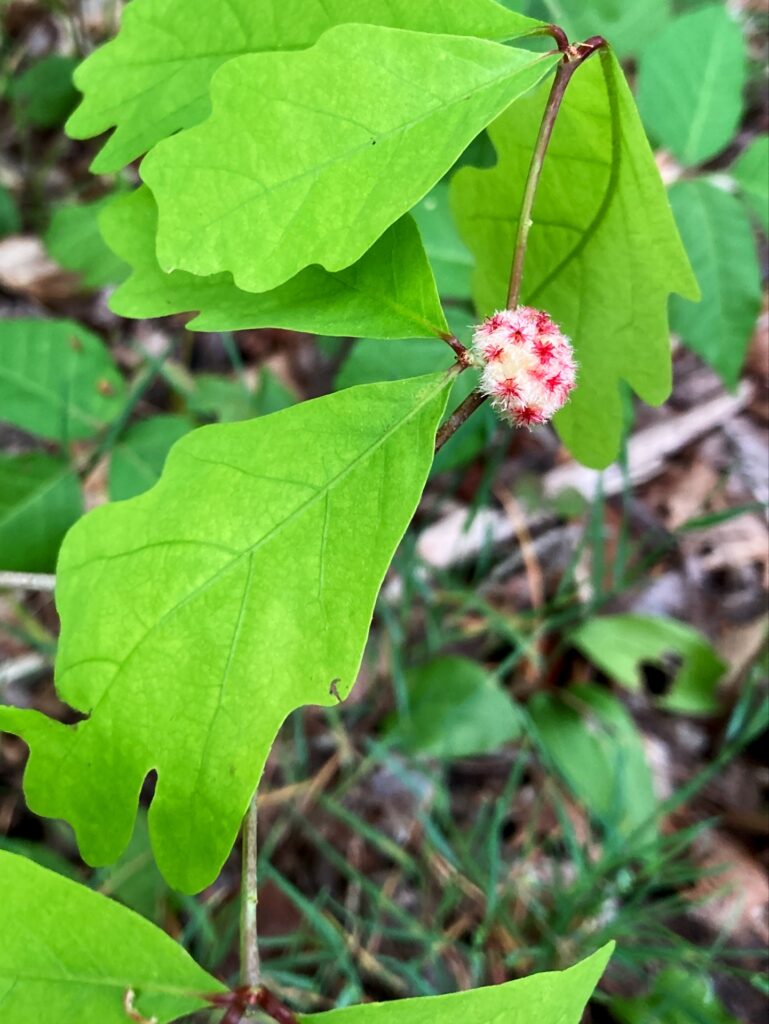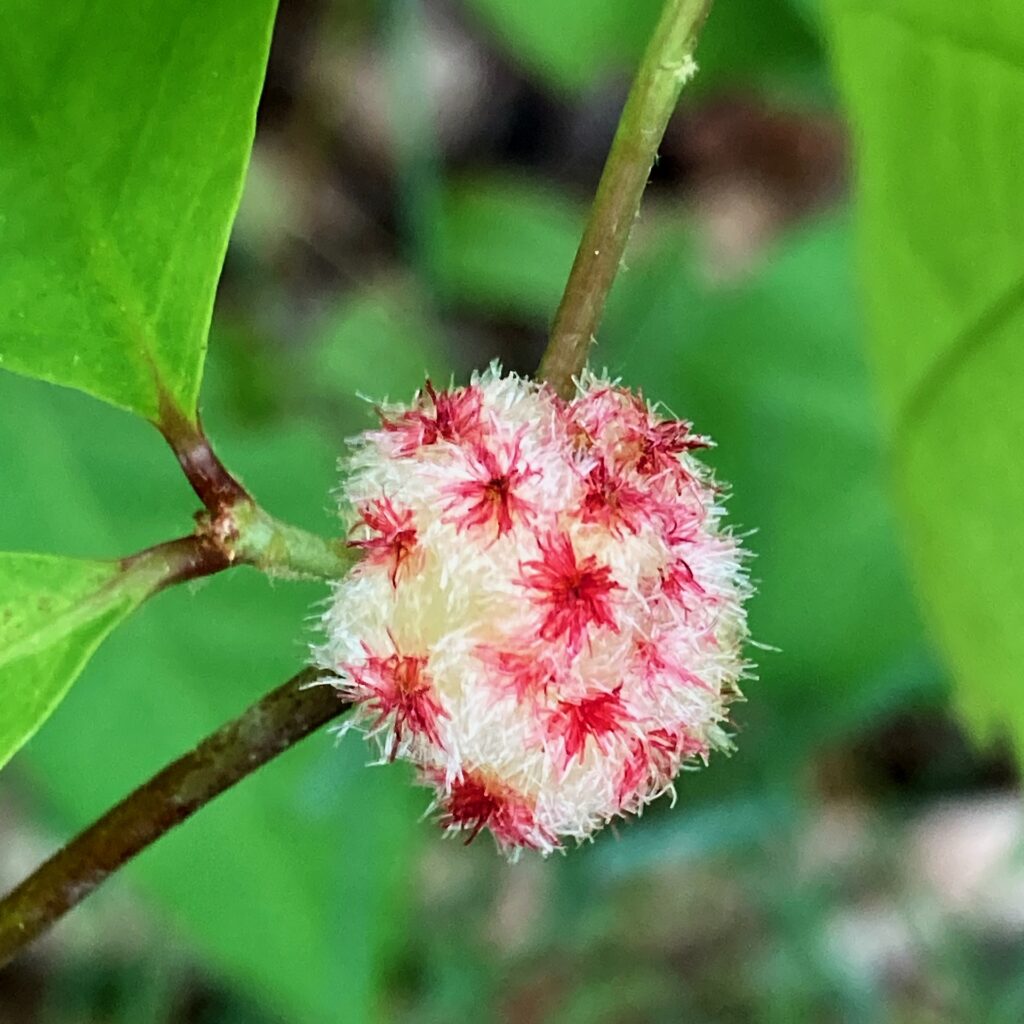Carol came back from a conference a week ago feeling a little under the weather. Last Sunday, she tested positive for COVID. Our apartment is too small and is not laid out properly for quarantining, so I moved into a hotel. But yesterday morning, I tested positive for COVID.
Neither one of us is especially ill; we both feel like we have a head cold. But with COVID, it doesn’t matter how you feel, the main issue is that you don’t want to spread the disease to someone else. So we’re staying in quarantine until we’re sure we’re not going to spread the virus to others.
Which meant that I could not preach this morning. I emailed the sermon text (and everything else) to Worship Associate Eric, and then all I could do was sit at home watch the livestream. Eric did a fabulous job leading the service, with help from Worship Associate Nancy.
Prior to COVID, I almost never missed a Sunday. You just always showed up on Sunday. (I remember preaching when I had bronchitis. I think the only Sunday I missed was 15 years ago when I had a norovirus and had to be near a toilet.) But these days, if you have COVID or any respiratory ailment, the CDC tells you to stay home. I feel guilty staying home, but I’d feel way more guilty if I gave someone else COVID.




